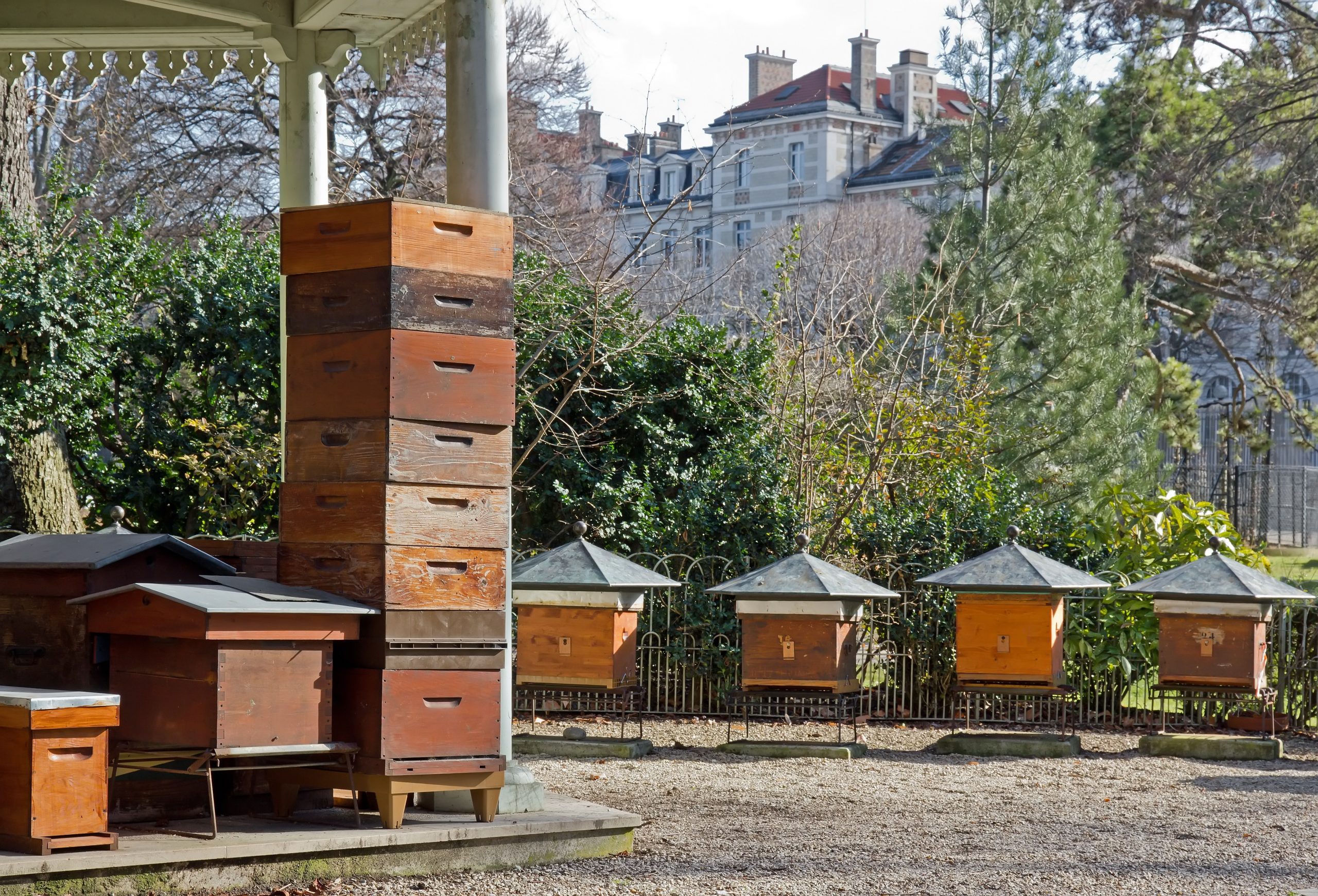Canadian Honeybee Campaign Says to ‘Let It Bee’
May 23, 2016
Bee Colony Collapse, Honey News, Honey Bees
At this point, it is well known that global honeybee populations are in decline, with one survey showing a 44 percent loss of colonies in the US alone. Whether due to parasites, neonicotinoid pesticides, or malnutrition, these losses directly impact people as well, given we rely on honeybees as pollinators, and as a result many have tried finding ways to help. Not just in the US—further north, Canada is seeing a campaign start as gardening season begins, which environmental justice group Friends of the Earth Canada calls its “Let It Bee” campaign.
This campaign’s goal, simply, is to promote awareness about global honeybee decline and urge citizens to enact bee-friendly gardening and landscaping practices. Taking place in a country home to 800 confirmed bee species, ‘Let It Bee’ calls for citizens to “create your own Bee & Bee” by making lawns and gardens obliging to the demands of honeybee habitation. Specifically, people should plant a variety of flowers and plants including native plants and grasses for honeybees to nest in, cut down on sprinkler irrigation and therefore avoid altering visual landmarks and cues, and also cease use of pesticides or planting flowers treated with pesticides.
As stated by Beatrice Olivastri, CEO of Friends of the Earth Canada, “We must act now to protect the diversity of wild bees…Habitat loss is just as critical in cities and towns as in the countryside. It’s time to dramatically change how we garden and landscape to make sure we protect, not kill off, wild native bees.” Just as other countries have, Canada is paying attention to the problems honeybees face, leading to advocacy groups like Friends of the Earth, bee clubs, and urban backyard beehives popping up throughout the country.
On par with this growing environmental trend, the Montreal-based company Alveole has been renting out beehives to those wanting to support honeybees and even make their own honey. The company is even teaching beekeeping practices, especially in cities, which Alveole co-founder Declan Jardin calls prime bee locations due to floral diversity, lack of other insect competition, and cosmetic pesticide bans, though there are issues with laws requiring hives be placed certain distances from the road. “It’s kind of an archaic rule that doesn’t encourage urban bee-keeping,” says Jardin. “A lot of installations can be made within 30 meters that are totally legitimate and wouldn’t harm bees or people.”
All in all, the Let It Bee campaign is trying to encourage people to create healthy habitats and food sources for honeybees whom more or less have trouble finding places with those ideal factors. The campaign will also conduct a Great Canadian Bumble Bee Count between June 1 and July 15 to help bee experts track honeybee populations, hopefully to provide a better idea how declining populations are affected by the circumstances around them.


.jpg)




